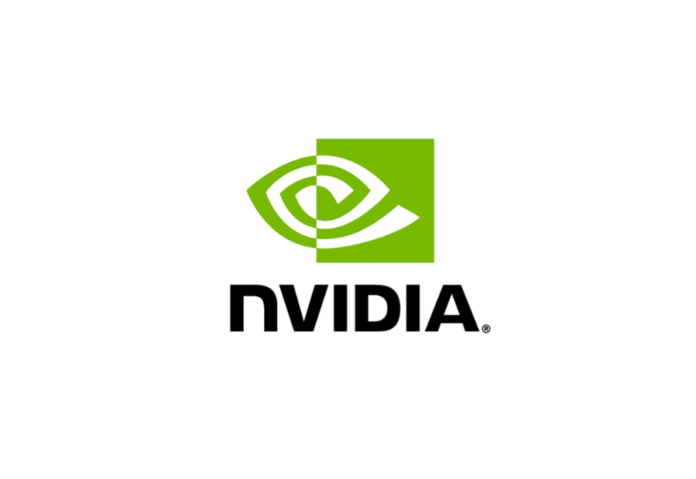Nvidia briefly surpassed Amazon.com Inc. (AMZN.O), ushering in a new chapter in market value as the excitement surrounding artificial intelligence propelled it.
On Monday, the chipmaker Nvidia momentarily eclipsed Amazon.com Inc. (AMZN.O), opening a new chapter in market value as the enthusiasm surrounding artificial intelligence drove it to the fourth most valuable corporation in the United States.
According to LSEG statistics, Nvidia was worth $1.82 trillion in market value at a record high of $734.96, compared to $1.81 trillion for retail behemoth Amazon.com and just a few billions away from Google-owner Alphabet’s (GOOGL.O) $1.87 trillion.
The last time Nvidia was more valuable than Amazon was in 2002, when both were worth less than $6 billion.
Following Amazon’s better-than-expected holiday quarter sales last month, investors are looking forward to Nvidia’s quarterly results on February 21, the last of the megacap businesses to report this earnings season.
Expectations are high going into the report, with shares up 47% year to date, making it the largest gainer among S&P 500 components.
Nvidia’s blowout quarterly results and high expectations a year ago placed the chip manufacturer as the leading supplier to tech businesses working on so-called generative AI, such as chatbots and picture generation.
The bet on robust AI demand has boosted Nvidia shares, making it the best-performing company among the so-called “Magnificent Seven,” with a 223% increase in the last year. Meta Platforms (META.O), which opens a new tab, ranks second, with a 163% increase.
In January, Microsoft surpassed Apple (AAPL.O) to become the world’s most valuable firm, with Alphabet coming in third.
Also read: Scaling Security in Startups: CISOs View
Do Follow: CIO News LinkedIn Account | CIO News Facebook | CIO News Youtube | CIO News Twitter
About us:
CIO News, a proprietary of Mercadeo, produces award-winning content and resources for IT leaders across any industry through print articles and recorded video interviews on topics in the technology sector such as Digital Transformation, Artificial Intelligence (AI), Machine Learning (ML), Cloud, Robotics, Cyber-security, Data, Analytics, SOC, SASE, among other technology topics.






